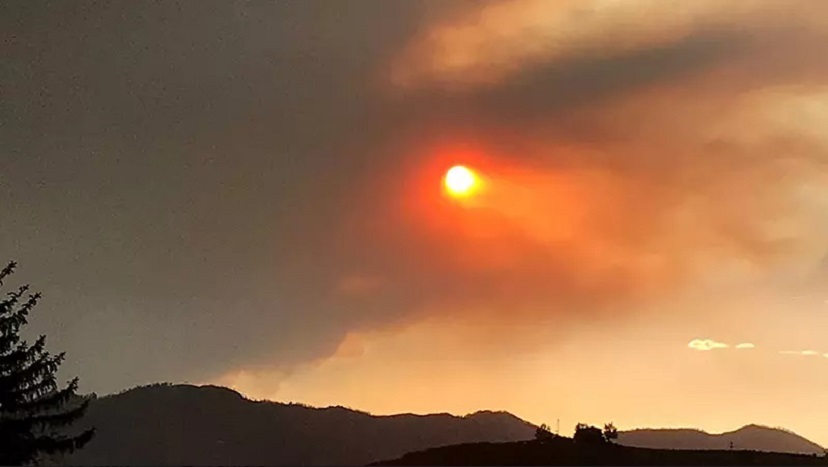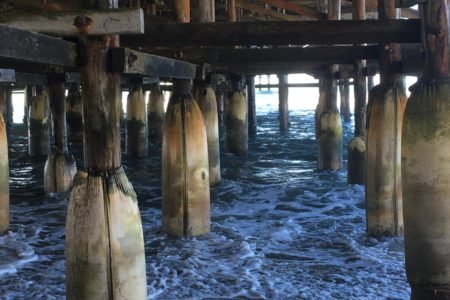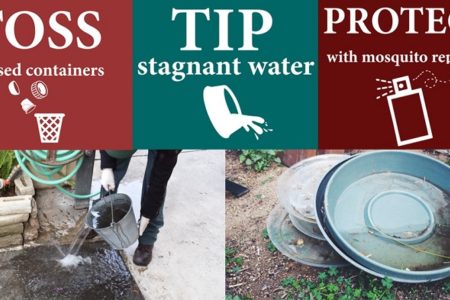
Smoke Bobcat. Photo courtesy City News Service
In a year battered by the coronavirus pandemic and attendant lockdowns, wildfires raging across the Southland have only added to the misery. The result is giving people a double dose of respiratory worries, as masks are required to reduce the spread of the Coronavirus, but might prove onerous when trying to keep breathing with comfort amid the smoke and ash affecting us all.
Fortunately, the Centers for Disease Control has offered up some handy tips for protecting yourself from heavy pollution wrought by the smoke. According to the website Vox, Mendocino County’s air became so dangerous breathing it was like smoking 12 cigarettes a day.
Wildfire smoke can hurt eyes, irritate respiratory systems and worsen chronic lung and heart diseases.
“We know that pollution, in general, is going to make your immune system less healthy and its responses more chaotic,” Dr. Mary Prunicki, who oversees Stanford University’s smoke studies as the director of research for the Sean N. Parker Center for Allergy & Asthma Research, told The Guardian newspaper. “It requires a healthy immune system to fight infections like Covid-19. And if your immune system isn’t working as well, it puts you at greater risk.
“We found, even in teenagers, if we drew their blood after a wildfire, we saw a systematic increase in inflammatory markers,” continued Prunicki, who added that “a lot of chronic disease is related to inflammation.”
The CDC’s tips include:
• Pay attention to public health messages about safety measures.
• Keep indoor air as clean as possible. That means keeping windows and doors closed. Run an air conditioner, but keep the fresh-air intake closed and the filter clean to keep outdoor smoke from getting inside. Go to a designated shelter in a safer area if you do not have an air conditioner and it is too warm to stay inside with the windows closed.
• Avoid activities that increase indoor pollution, such as burning candles or using fireplaces or gas stoves. Vacuuming stirs up particles inside your home, and smoking also adds to indoor pollution.
• Prevent wildfires from starting. Prepare, build, maintain and extinguish campfires safely, and follow local regulations when burning trash or debris. Check with the Pasadena Fire Department to be sure the weather is safe enough for burning.
• Follow the advice of your doctor or other healthcare provider. If you have asthma or other lung diseases, consult with medical professionals about medicines and your respiratory management plan. If you are having trouble breathing, consider evacuating and seek advice from your doctor if your symptoms worsen.
• Be aware that dust masks won’t provide adequate protection. Paper “comfort” or “dust” masks commonly found at hardware stores are designed to trap large particles, such as sawdust, but won’t protect lungs from the small particles found in wildfire smoke.
• Evacuate from the path of wildfires. Learn about current evacuation orders by listening to the news. Follow the instructions of local officials about when and where to evacuate. Take only essential items with you. Follow designated evacuation routes and plan for heavy traffic.
• Protect yourself cleaning up after a fire. With plenty of ash and other irritating fire particles around, cleanup work can expose your eyes, nose, or skin to harm and cause coughing and other health effects.
Armed with knowledge, it’s possible to win the battle to stay safe. And we can all hope for some extra rain to help put the fires out as we head into fall.













